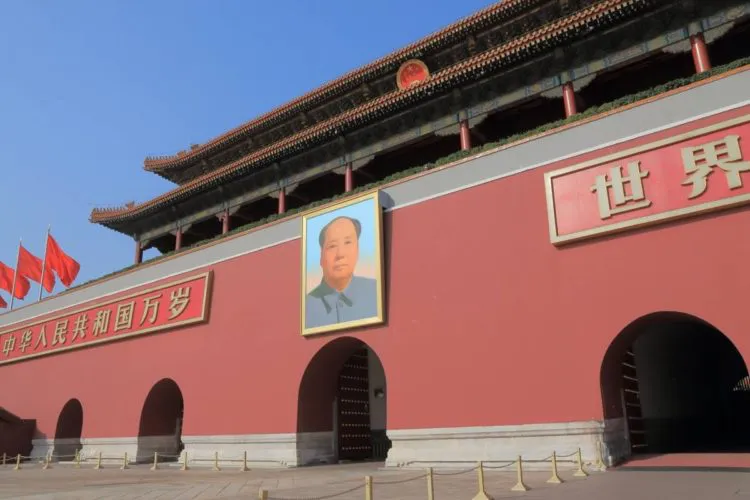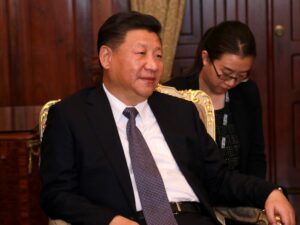Japanese Companies Must Recognize the “China Risk” and Take Concrete Action to “Get Out of China
China has been unleashing extraordinary “anti-Japanese” violence over the release of treated water from the Fukushima Daiichi Nuclear Power Plant of Tokyo Electric Power Co.
According to media reports, at a Japanese school in Qingdao, Shandong Province, Chinese nationals threw stones into the grounds and were detained by public security authorities. Several eggs were thrown into a Japanese school in Suzhou, Jiangsu Province. Videos inciting a boycott of Japanese products have been posted on the Chinese Internet. Restaurants and city halls in Fukushima Prefecture have reportedly received a series of protest phone calls from numbers believed to have originated in China.
In 2012, the nationalization of the Senkaku Islands in Okinawa Prefecture triggered “anti-Japanese” demonstrations in more than 100 Chinese cities, with hundreds of thousands of people participating. Sales floors of Japanese-owned supermarkets throughout China were vandalized and looting occurred. Japanese-owned factories were vandalized, and Japanese auto company dealerships were attacked.
We hope that this time there will not be a major riot, but stone-throwing can be deadly if the stones are not hit properly. Targeting schools attended by innocent children is cowardly and absolutely unacceptable.
We do not know whether the Chinese authorities were involved in this series of acts.
However, it is ridiculous to attack only Japan as “nuclear contaminated water” when its own nuclear facilities have released tritium, a radioactive substance several times greater than that released at the Fukushima Daiichi Nuclear Power Plant. This may be due in part to the influence of conventional “anti-Japanese” education. In China, the real estate crisis is now developing into a huge financial crisis. The domestic economic situation is worsening, including an increase in unemployment. There is a persistent view that criticism of the Communist Party government led by President Xi Jinping (President of the People’s Republic of China) is being transferred to the “anti-Japanese” movement.
If left unchecked by the Chinese government, the “anti-Japanese” sentiment that has flared up could, before long, evolve into “anti-Communist regime demonstrations. The Chinese government does not see any merit in leaving the situation as it is.
The Japanese government has reportedly asked the Chinese government to “ensure the safety of Japanese nationals” and has called for caution and vigilance on the part of Japanese residents in China. Based on the assessment of the release of treated water by the World Health Organization (WHO) and the International Atomic Energy Agency (IAEA), we should also demand the immediate withdrawal of the suspension of imports of Japanese marine products by the Chinese government. We must not give in to unreasonable threats.
Japanese companies should also be reminded of the “China risk.
Anti-Japanese” demonstrations have been held not only in the 12 years mentioned above, but have been repeated many times. China can be said to be a country that engages in dangerous behavior based on unreasonable claims and logic. Laws are being developed to involve the people in national policies, such as the National Defense Mobilization Law and the National Security Law, which will become even more extreme in the event of an emergency. Can you protect the safety of your employees and their families? Doing business in China is “fraught with danger.
Recently, there have been calls for a “departure from China. This is an opportunity for corporate executives to take concrete action.
Kent Gilbert is an American lawyer and TV personality born in 1952 in Idaho, U.S.A. He first came to Japan in 1971. He is the author of “Strong Japan Brings Peace: The Truth about the Japan-U.S. Alliance” (Wani Books), “Ima Soko ni Narareru Chugoku no Nihon Erosion” (Wack), and “Waga Nation ni Okoru Geiseigaku-teki Kiki: Kenpo wo Mukete Ima Jigyo Sho (Reform the Constitution Now, Business), among others.







